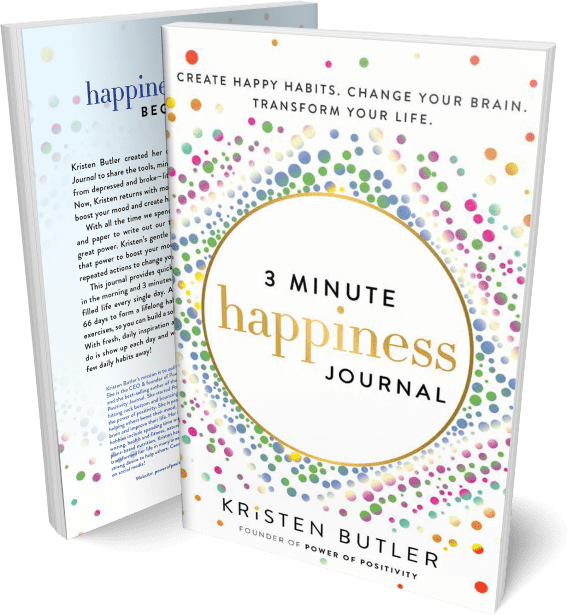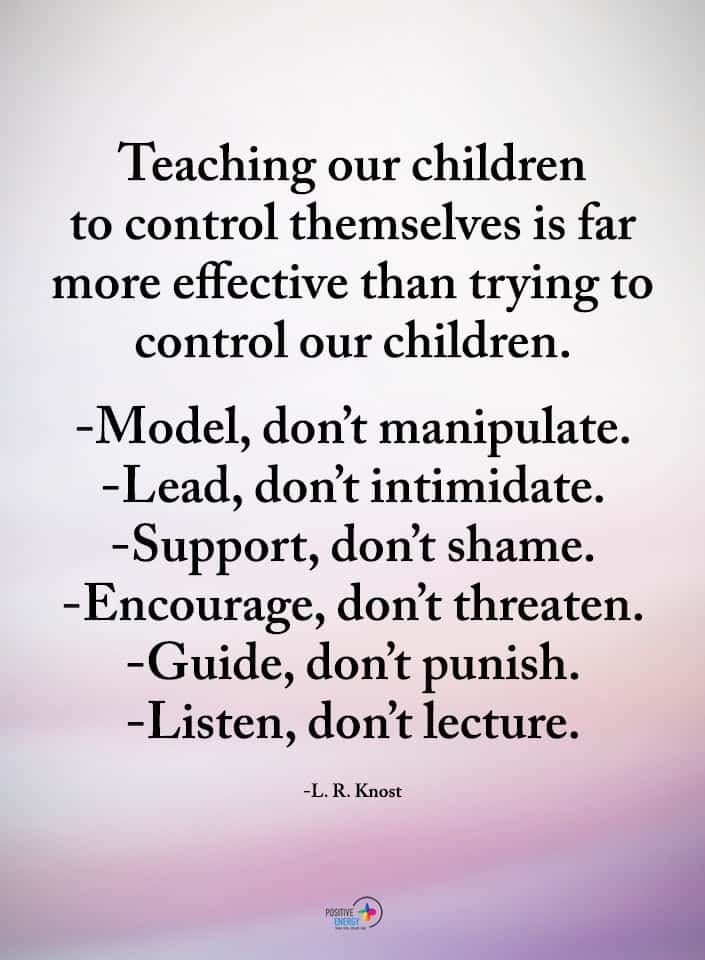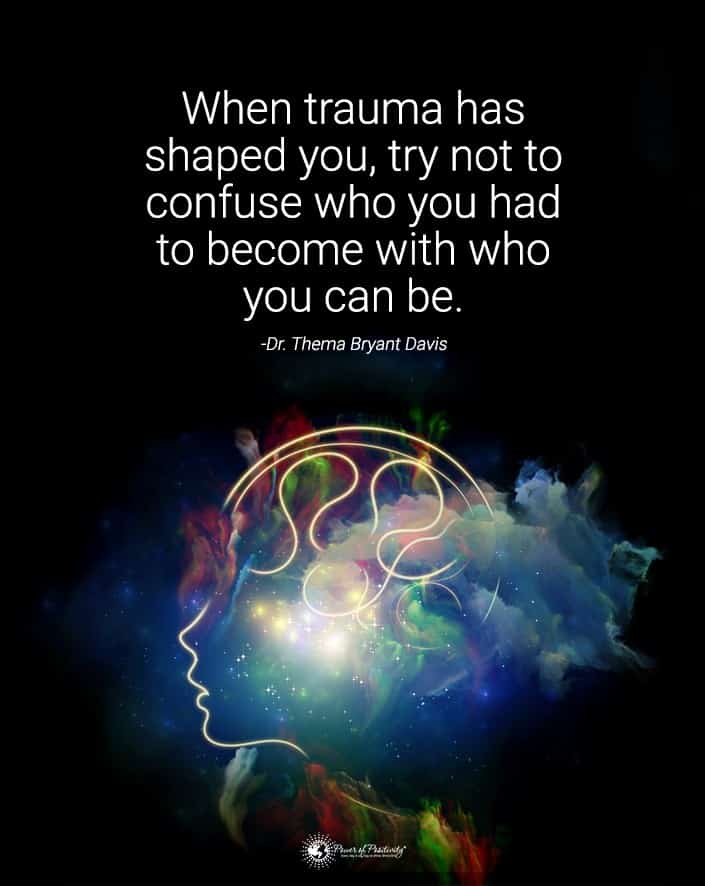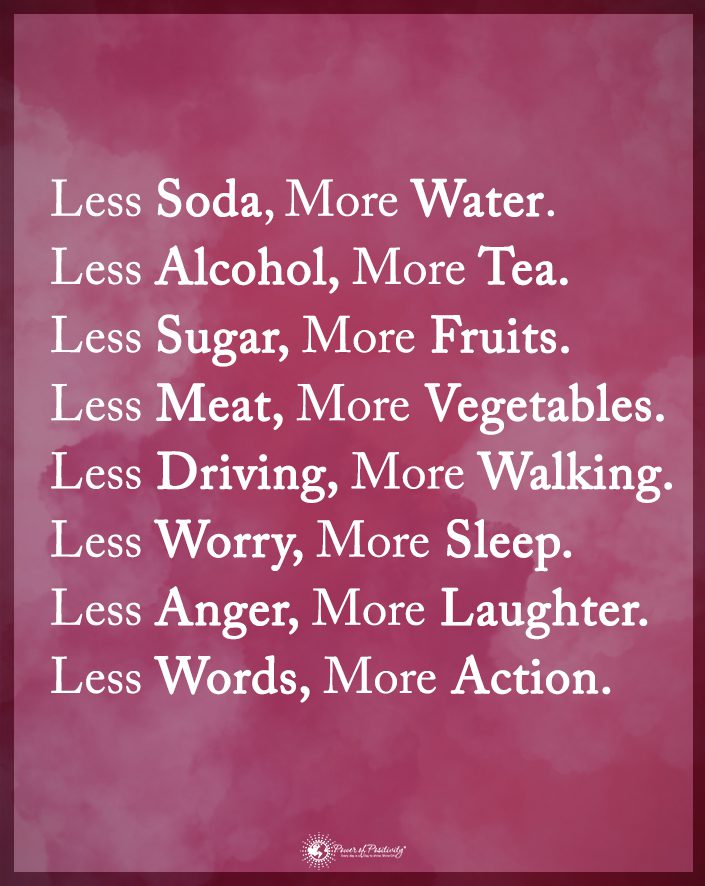Go from meltdowns to milestones by staying positive and celebrating small wins.
Staying positive can feel difficult when challenges surround you. If we often focus on the bad, we can have a meltdown. Our perspective — how we view or interpret a situation — can affect our mood. Seeking out the good, whether small or simple, is important for a happy life!
We all have moments of breakdown or difficulty from time to time. But no matter the obstacle’s difficulty, know that setbacks are not permanent. Rather, they can be stepping stones toward growth and accomplishments.
Shifting from dwelling on difficulties to focusing on the growth potential can help us overcome our challenges. All of this starts with learning how to celebrate small wins. This article will guide you through acknowledging your achievements and developing a growth mindset.
The Importance of Celebrating Small Wins to Avoid a Meltdown

Imagine a full-time working mom named Sarah amid a morning rush. Mornings are particularly chaotic because she juggles getting kids ready for school and rushing to her job. But instead of giving up or resorting to angry outbursts, she sets a small goal: to make a simple homemade breakfast for her family.
The homemade meal puts a smile on her kids’ faces. Sarah considers their cheerful “Thanks, Mom!” her small win for the day. It reminds her of the importance of celebrating the little victories that bring positivity to the routine of everyday life.
In “Small Wins: Redefining the Scale of Social Problems,” psychologist Karl Weick explores the concept of small wins in the context of social and organizational change.
Weick says that if you look at a small win alone, you might not think it is important. But when you combine several small wins, they can make a big difference.
Weick also suggested that a few things occur when you break down a big problem into small wins. Each component no longer feels overwhelming because it’s not a huge disaster if you don’t succeed. However, if you succeed, then it’s considered a win—a meltdown avoided. Next, it makes the challenge less daunting. Lastly, you start to believe that you already have the skills to handle these smaller tasks.
In other words, breaking down large goals into smaller tasks allows you to do more. Since tasks become more manageable, they give you the motivation and confidence to complete them. This makes it easier for you to tackle problems.
Identifying Small Daily Wins Can Help Avoid a Meltdown
Even mundane moments in daily life can be considered significant achievements. Accomplishments don’t always have to be grand. Take a moment to appreciate the small daily victories because they can make you feel happy and fulfilled.
These “small wins” could include completing a task, overcoming a minor challenge, or sending a thoughtful message to a friend. By considering these everyday occurrences as significant achievements, you are promoting a mindset that focuses on gratitude.
To give you more ideas, here’s a list of examples of small wins that you can appreciate in your daily life:
- Completing a short workout routine
- Successfully preparing a new dish
- Learning a new concept
- Maintaining composure in a challenging situation
- Crossing off a task on your to-do list
- Offering to help someone in need
- Enjoying a self-care activity
- Being on time for a meeting
- Starting a conversation with a stranger
- Opting for a nutritious meal
- Getting quality sleep
Many people find it hard to focus on small wins, and many reasons exist.
For instance, you might be used to focusing on major achievements, which makes you less likely to recognize the importance of everyday moments. Or you might be setting overly high expectations and consistently striving for perfection. If this is true, you could wait for the perfect outcome before acknowledging your small accomplishments.
Moreover, a negative mindset and constantly comparing yourself to others can easily overshadow your positive experiences. If you base your standards on someone else’s achievements, you may look down on your accomplishments. Additionally, it makes you focus on your shortcomings rather than your small wins.
Strategies for Celebrating Small Wins
If celebrating small wins feels unfamiliar to you, getting the hang of it might take some time. The key is to take one step at a time and eventually get there. Remember, every step is a win!
Here are strategies that can help you focus on your everyday victories:
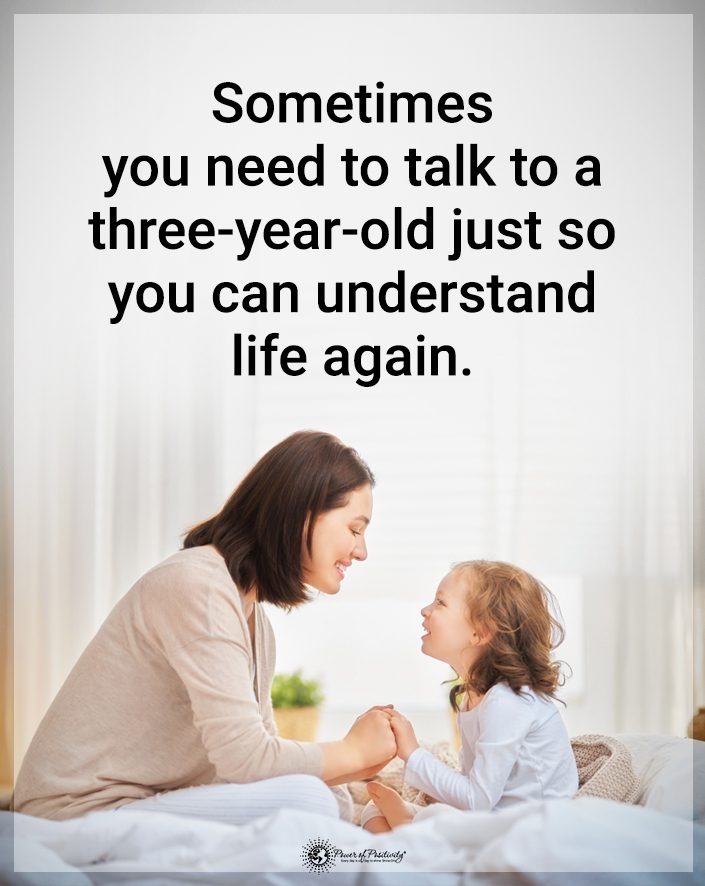
1 – Break Down Goals
Breaking down bigger goals into smaller, more manageable tasks can make it easier to track your progress. This transforms what seems to be an overwhelming goal into a series of achievable steps, each deserving of a celebration.
Every small win can boost your confidence, which helps you face the next challenge. Moreover, it reinforces the habit of consistently working hard towards your goals.
For example, your main goal is to write a novel. You can break this into smaller tasks such as researching, creating an outline, writing Chapter 1, etc. After completing the first sub-task, you can celebrate by sharing your achievement with someone or treating yourself.
Celebrating each task makes you more enthusiastic to tackle the remaining ones.
2 – Focus on Effort and Progress
You will likely feel stressed or pressured if you always worry about the results. This can affect your motivation and lead to a meltdown
On the other hand, acknowledging your effort means recognizing the energy, time, and dedication you put into pursuing your goal — no matter the outcome. This way, you can see each task or activity as a small win contributing to your end goal!
This mindset also helps instill the idea that challenges are part of the journey. Even mistakes can be considered small wins when viewed through learning and growth.
For example, imagine that you’re trying to learn a new language. While conversing with a native speaker, they point out that you mispronounce certain words. Instead of feeling disheartened, you recognize that pronunciation is a common language challenge.
Moreover, you should take a moment to appreciate the opportunity to learn from mistakes. Rather than striving for perfect communication, you focus on your progress in expressing your ideas in another language. Confidently talking to a native speaker is an achievement in itself, and it’s worth celebrating!
3 – Express Gratitude
The “attitude of gratitude” is a perspective where you focus on appreciating the positive aspects of your life. It shifts your attention from what you may lack to what you already have. You can do this by focusing on the here and now and finding joy in everyday experiences, such as small victories.
That’s why when facing challenges or a meltdown, don’t focus on what went wrong but on what you are grateful for.
For example, consider a person who suddenly loses their job due to company downsizing. Instead of focusing on the loss, they are thankful for all the skills and relationships they’ve built throughout their professional journey.
Using this approach helps you cope with difficulties and bounce back stronger.
4 – Create Visual Reminders
To help remind you of your achievements, you can create visual representations of your small wins. These could be doodles, drawings, symbols, or printed images representing each small win. You could put them in a journal, bulletin board, or photo album.
These reminders will reinforce the positive feelings associated with your accomplishments, encouraging you to continue your efforts and stay motivated.
Visual reminders can also serve as a tool for tracking your progress toward larger goals. When you see that you’re completing each smaller task, you will have the confidence to tackle your next tasks. These reminders also serve as a source of inspiration during challenging times.
5 – Reward Yourself
You might consider rewarding yourself to celebrate small wins. The important thing to remember is to choose rewards that bring you genuine joy. Match the size of the reward to the significance of your accomplishment.
Another idea is to create a reward system wherein you can set a certain number of small wins to unlock a larger reward. Keep track of your wins and the rewards associated with each in a digital tracker, journal, or reward chart.
Here are some reward ideas for small wins:
- Enjoy a favorite snack or special meal
- Indulge in a warm bath at home
- Plan a movie night
- Take a day off to rest
- Purchase a book
- Try out a new restaurant or cafe
- Take a short nature walk
The Power of Positive Reinforcement Can Help Avoid a Meltdown
American psychologist B.F. Skinner introduced the operant conditioning model, which suggests that rewards or punishments can influence whether a behavior will be repeated.
Positive reinforcement involves using rewards to encourage desired behaviors. This concept is used in education, parenting, and the workplace.
For example, a student’s desired behavior is to complete their homework on time. Positive reinforcement, such as the teacher’s praise, makes the student more likely to do so – and without an argument or meltdown.
A 2021 study aimed to address the common issue in weightlifting clubs in Lahore Pakistan, where coaches would use methods such as shouting to improve performance. However, this only led to resentment and even caused some weightlifters to quit the sport.
An eight-week experiment was conducted to test the impact of B.F. Skinner’s positive reinforcement theory. The results showed that the Positive Reinforcement Program model positively impacted weightlifters’ performance.
Using positive reinforcement is a powerful way to encourage positive habits and behaviors. Choose meaningful and enjoyable rewards for you, such as small treats, leisure activities, or gifts! Be consistent with the reinforcement to establish a positive connection with the behavior.
Cultivating a Growth Mindset
Your mindset influences how you overcome a potential meltdown. A fixed mindset sees abilities as fixed and unchangeable, whereas a growth mindset sees them as flexible. It’s the idea that you can grow and improve with effort.
One of the characteristics of a growth mindset includes the ability to embrace challenges and even failure. You see them as opportunities to test your growth and prove your abilities.
Imagine that you’re trying to learn a new skill, such as playing the guitar. If you’re stuck in a fixed mindset, you might think, “It’s probably too late for me to start learning because I’ve never had a natural talent for music.” Because of this, you might give up easily when faced with difficulties or just avoid learning altogether.
But if you have a growth mindset, you will think, “I may not be great at playing the guitar now, but I know that practice will lead to progress over time.” This mindset helps you persist through the difficulties because you will see mistakes as a natural part of the learning process.
Celebrating Small Wins in Parenting and Education
When you celebrate children’s achievements, it boosts their motivation and confidence. This way, they are likelier to stay engaged, put in effort, and develop trust in their abilities. Moreover, it also reinforces positive behaviors and helps them build a growth mindset instead of having a meltdown.
Here are some strategies to celebrate small wins in the context of parenting and education:
- Offer verbal praise for a child’s efforts and achievements.
- Display their accomplishments in an ‘Achievement Wall.’
- Reward them with a special snack to celebrate small wins.
- Designate time for celebrations or a special activity when they achieve goals.
- Create certificates or tokens of appreciation for achievements.
- Have a ‘Winner Jar’ where they can drop notes about their small wins.
- Encourage students to recognize and celebrate each other’s wins.
Small wins could be anything, such as a preschooler learning to dress themselves independently or a child reading their first book. Parents and teachers are encouraged to acknowledge children’s daily efforts and see how each small win contributes to their overall growth.
Moreover, parents and educators also deserve recognition for their efforts. Taking care of children is hard work, and it’s important to acknowledge your contributions.
Children’s accomplishments also prove your dedication and effort in their growth and development. That’s why it is important to give yourself the credit you deserve.

Final Thoughts: These Small Changes Can Help Avoid a Meltdown
It’s easy to feel down when we encounter setbacks to our goal, but remember to look at the big picture and see how far you’ve come. Progress is progress, no matter how small, and remember to celebrate these small victories.
Understand that challenges—and an occasional meltdown—are part of the journey. Appreciating your accomplishments can help make the process more manageable and enjoyable!


